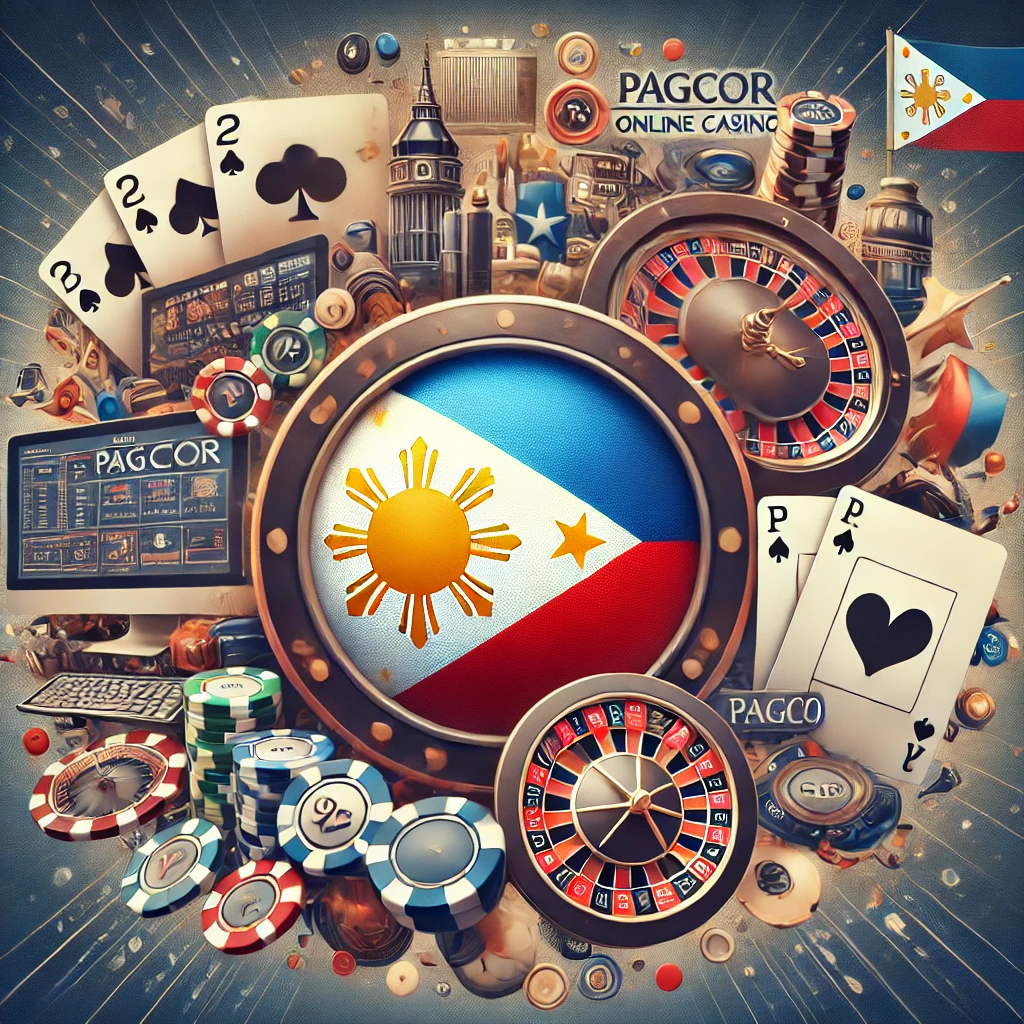
Philippine gambling laws were initially established to regulate casinos and safeguard players. The Philippine Amusement and Gaming Corporation (PAGCOR) was formed by the government to license and regulate the industry, while channeling revenue to various governmental programs. Over the years, amendments have been made to fine-tune the legal framework of the gambling industry, including online casinos.
Today, brick-and-mortar casinos and poker rooms thrive throughout the country. While the current president has expressed opposition to local online gambling, there are no specific laws prohibiting Filipino players from engaging in online casino activities through regulated offshore platforms. This page will detail the key laws affecting gambling in the Philippines and their implications for Filipino players.
Is Gambling Legal in the Philippines?
Yes, gambling is legal in the Philippines, provided it is regulated and licensed. In 1975, Presidential Decree No. 1067-A was enacted by then-President Ferdinand Marcos, which defined legal gambling and established PAGCOR to regulate the industry. PAGCOR not only licenses casinos but also operates many of them. As of 2017, PAGCOR owned and operated at least 46 casinos across the Philippines.
Is Online Gambling Legal in the Philippines?
Yes, online gambling is legal for Filipino players, as there are no laws prohibiting them from playing on offshore-regulated online casinos. However, local operators are prohibited from offering online gambling services to Filipino residents. Players are free to participate in Philippine-legal online casinos, poker rooms, and sports betting as long as these platforms are licensed by their respective gaming commissions.
Key Philippine Gambling Laws Explained
- Presidential Decree No. 1067-A (1975): This law legalized gambling in the Philippines and created PAGCOR, which oversees the industry and promotes tourism and infrastructure development.
- Presidential Decree No. 1602 (1978): Introduced penalties for violating gambling laws in the Philippines.
- Republic Act No. 9287 (2004): Increased penalties for illegal number games, with imprisonment ranging from 30 days to 20 years.
- Presidential Decree No. 1869 (1983): Expanded PAGCOR’s licensing and regulatory powers for gambling organizations.
- Republic Act No. 7922 (1994): Established the Cagayan Freeport economic zone, allowing offshore gambling operators to cater to international markets.
- Executive Order No. 13 (2017): Strengthened the fight against illegal gambling and allowed Filipino players to participate in regulated offshore gambling sites.
- Republic Act No. 10927 (2017): Strengthened anti-money laundering laws and imposed stricter regulations on casinos regarding payouts and wagers.
Philippine Regulatory Agencies for Gambling
- Philippine Amusement and Gaming Corporation (PAGCOR): Oversees legal gambling and casino operations in the Philippines.
- First Cagayan Leisure and Resort Corporation (FCLRC): Regulates offshore gambling operations within the Cagayan Freeport economic zone.
- Philippine Racing Commission (PHILRACOM): Regulates horse racing and gambling on horse races.
- Games and Amusements Board (GAB): Supervises sports gambling and regulates the conduct of pay-to-play sports.
- Philippine Charity Sweepstakes Office (PCSO): Organizes sweepstakes and lottery games for charitable and health-related causes.
FAQs About Philippine Gambling Laws
- What is the legal gambling age in the Philippines?
The legal gambling age is 21 for domestic gambling, while it is 18 within the Cagayan Freeport economic zone. - What forms of gambling are legal in the Philippines?
Both domestic casinos and offshore online gambling are permitted in the Philippines. - Why can’t I participate in Philippines-based online gambling?
The current administration opposes local online gambling, leading to restrictions on Filipino casinos offering online services to residents. - What are the penalties for illegal gambling?
Penalties range from 30 days to 20 years in prison, depending on the severity of the offense.
In summary, Philippine gambling laws, including those related to online casinos, continue to evolve to create a balance between protecting players and fostering a healthy gambling industry. With offshore online gambling platforms offering accessible services, Filipinos can still enjoy online casino games legally.
